You’re about to upgrade your home or office and it’s a big deal. Finally, the plans you’ve been envisioning for months or years are going ahead to give you more space, more light, or whatever you need to feel more settled or functional. With this rush of excitement, it’s tempting to hire the first person who says they can make your dreams come true. However, by taking a few steps beforehand, you set the stage for a better working relationship with your contractor and you protect yourself from signing on a company that may not be up to the job.
Do You Have The Experience Needed To Get The Job Done Right?
You’ll want to find out what similar jobs a contractor has worked on before and what advice they have for this one to come together smoothly. They should be open to providing references. Take the time to call several past clients to find out the quality of work they can do and the level of service you can expect during and after the job.
How Are You Covered For Legal Liability If Something Goes Wrong?
No matter how much you plan ahead, sometimes you find an unexpected hole or a shortcut that a previous builder that taken. You want to ensure that your contractor can cover the costs associated with any accidents that occur while working on your home or office. If they won’t, you will end up paying for it. Make sure your contracting company is licenced and has insurance for damage and workers’ compensation insurance on themselves and their on-site staff.
How Much Time Will This Project Take?
Construction and renovation projects can go off-course without the guidance of a professional who knows what to expect. However, an experienced contractor will foresee problems and work around them. While delays may arise, getting an estimated window of time will help you prepare the logistics around the work crew. You’ll also want to understand if they have other jobs lined up that will distract them or take them away if yours takes too long.
Who Is Taking Care Of The Building Permits?
Make sure your contractor knows the building codes and permit requirements for your area, since they can differ from one place to the next. They should be willing to do the research, particularly if there is an environmental or heritage issue at play. Next, you want to know if they will take on the role of getting the permit(s) or if it will be left up to you. Ideally, you want the person you hire to take care of this, but you also want to attend any inspections to get information firsthand.
Are You Buying, Or Am I?
Work out right away if you are supplying the materials or if your contractor will do so. The company can likely buy what they need at wholesale prices, which can save you some money. Either way, you’ll want to know what is included in the quote. You should discuss beforehand what will happen if you get blindsided by a surprise. It’s best to have this conversation before anyone gets frustrated or upset. Break down who will pick up the extra cost and how it will be handled.
What Do You Cover In Your Contract?
To make sure all elements of a job are clear to both sides, it’s best to get it all in writing. The contract should cover the full project plan and who is doing what.
A full description of the work, with materials and products listed:
A payment schedule
Timeframe
Warranty information
Confirmation of business liability insurance and Workers’ Compensation coverage
How Will Updates Be Communicated?
You don’t want calls every 10 minutes but you do want to be kept in the loop. Set out times to check in and find out how the project is going. These may be updates at the start or end of each day.
Who Else Will Be Working On This Project?
If your contractor hires a subcontractor, you want to know the cost and scheduling implications. You also want to have the comfort of knowing if they are supervised and covered by insurance.
Who Cleans Up The Sawdust?
Renovations can get messy and you’ll want to know if you’re sweeping up or if your contractor has staff to clean up daily. Find out what parts of the job will produce the most dust, etc. and what precautions will be taken to contain the mess.
What Happens If We Disagree About When a Job Is ‘Done’?
Develop a checklist so you can agree when the contractor has completed everything you expected to the specifications you’ve agreed upon.





